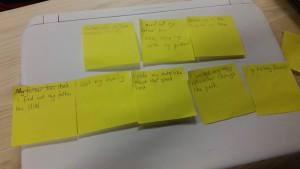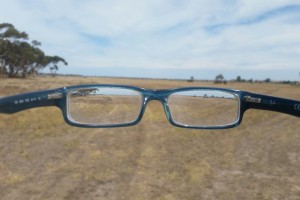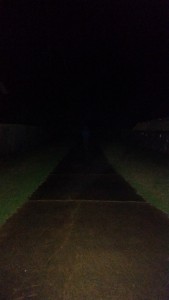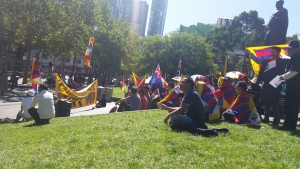“Crossroads” (Self Portrait) (Wk 5)
Here is my self portrait Crossroads.
And this my my reflection:
In my self portrait titled ‘Crossroads’ I was attempting to communicate where I feel like I am with my life at the time of release. Transitioning to adulthood and having to face decisions I’ve never encountered before is something I am still coming to terms with, and so I used the repeated imagery of paths and crossroads to represent my future and the decisions leading there. The repeated use of my house, especially during the montage including pictures of me on the front porch, shows how ingrained I am with my home life and how my childhood experiences have shaped me. I used a series of shots of me in the same location as a representation of time passing by as I wallow in my adolescent habitat; content yet itching for something greater. I coupled this with the sound of the bustling city to connect the serene past to the busy future and used the sound of the pedestrian crossing signal to communicate my transition between the two lifestyles.
A challenging aspect of this project for me was capturing ‘myself’ as I am not usually an introspective person. Trying to showcase various aspects of my personality meant I had to reflect on my life and view myself from the perspective of my friends and family which was a deeply unsettling experience for me. Not because I found that I am seen in a negative light but because I do not like being the center of attention, which I played on in the project.
An aspect of my self portrait that I feel did not work was the pace of the text due to the time constraint of the assignment. I wanted to tell a small narrative throughout my piece, a mirror of the way I view life as a vessel for story. Yet to fit in the view on life and its impact on mine I needed a fair amount of words so the screen time allotted to some text makes it hard for others to read without repeat viewing, thus impacting audiences a little less overall as a text.







